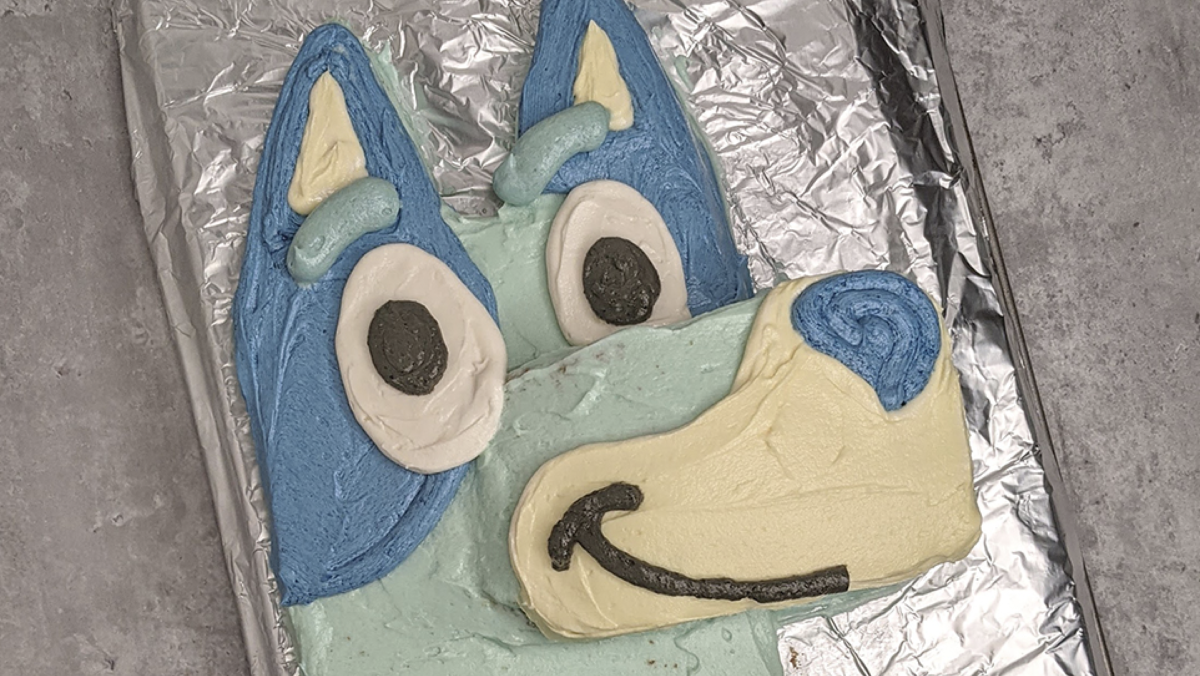This post may contain affiliate links. Every link is hand-selected by our team, and it isn’t dependent on receiving a commission. You can view our full policy here.
Whenever something doesn’t turn out as planned, I typically overanalyze it until I make myself crazy. I intend to learn from the mistakes and move on, but my problem is that I rarely see the mistake, acknowledge it and keep moving forward. I pretend to do that, while inside, a tape recorder plays, looping the same criticism or shortcomings over and over and over again.
That’s no progress; that’s self-flagellation. It’s a topic Elizabeth Gilbert addresses in Big Magic that really struck a chord with me, particularly these lines:
“Whatever you do, try not to dwell too long on your failures. You don’t need to conduct autopsies on your disasters.”
Bingo! That’s exactly what I was doing — delving deeper into the issue, or “conducting an autopsy,” if you will, only to get myself so hung up on what I did wrong that it intimidated me when it came time to move onto the next project.
Gilbert describes a letter she received from her editor at GQ, after spending months — and racking up a large bill for the magazine — working on a story about Serbian politics. An hour after submitting it, the editor replied, saying that the story would never be fit to print.
“You don’t have the capacity to write this story, as it turns out. I don’t want you to waste another minute on this thing. Move on to the next assignment immediately, please.”
Ouch. His instructions were clear, direct, and not intending to be cruel, but I would have spent way too long stuck on that first line. I would’ve wanted to prove myself — what do you mean, I don’t have the ‘capacity’ to write that story?! — and gotten upset that I’d fallen short of expectations. Then worried I’d never get a big assignment again, forever relegated to puff pieces and the ‘simple’ stuff, to fit my capacity — whatever that meant.
However, Gilbert just admires his efficient response and does exactly that — shrugs off the failure and moves along to the next project. She owns the disappointment, acknowledges that it happened, and refuses to succumb to the “I am the WORST and I’ll never work again!” mentality.
You don’t have to know exactly what went wrong, she explains — sometimes, you may never know why things didn’t work out as you intended. The critical thing is to not let it define what you do next, or who you think you are.
You can read the full story — as well as several other lessons on living creatively and pushing past fear — from Gilbert’s book, Big Magic.
This post is part of Life Between Weekends’ Tuesday Takeaway series. Every Tuesday, we’ll share the most compelling insight we’ve gleaned from a book, movie, tour, documentary or article to inspire you during the workday.
Top Photo: Lindsay Henwood/Unsplash; Book Cover: Amazon







